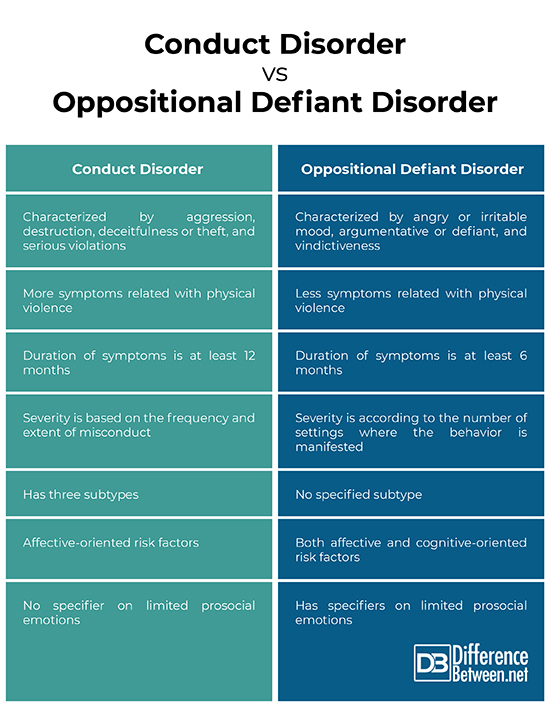Nude Sunbathing
Introduction
Nude sunbathing, often referred to as naturism or nudism, is a practice that involves basking in the sun without clothing. While it may seem unconventional to some, it has a rich history and a dedicated following worldwide. This article delves into the various aspects of nude sunbathing, exploring its origins, benefits, controversies, and practical considerations. Through a blend of historical context, expert insights, and real-world examples, we aim to provide a comprehensive understanding of this intriguing phenomenon.
A Brief History of Nude Sunbathing
The practice of nude sunbathing dates back centuries, with roots in ancient civilizations. The Greeks and Romans, for instance, often bathed and exercised in the nude, viewing the body as a work of art rather than a source of shame. However, it wasn’t until the late 19th and early 20th centuries that organized naturist movements began to emerge.
In 1920s Germany, the Freikörperkultur (Free Body Culture) movement gained traction, advocating for nude recreation as a way to promote physical and mental health. This movement spread across Europe and eventually to North America, leading to the establishment of nudist clubs and resorts. Today, nude sunbathing is practiced in various forms, from private backyards to designated public beaches and resorts.
Psychological and Health Benefits
Nude sunbathing is often associated with a range of psychological and physical benefits. According to Dr. Keon West, a psychologist at Goldsmiths, University of London, naturism can significantly boost body image and self-esteem. His research found that participants who engaged in nude activities reported feeling more comfortable in their own skin.
From a health perspective, moderate sun exposure is essential for vitamin D production, which is crucial for bone health and immune function. Nude sunbathing allows for maximum skin exposure, optimizing vitamin D synthesis. However, it’s important to practice sun safety, as overexposure can lead to sunburn and increase the risk of skin cancer.
The Debate: Pros and Cons of Nude Sunbathing
Pros
- Body Positivity: Encourages acceptance of all body types, fostering a healthier self-image.
- Connection with Nature: Promotes a sense of freedom and harmony with the natural environment.
- Stress Relief: Many practitioners report reduced stress and anxiety levels.
Cons
- Social Stigma: Nude sunbathing is often misunderstood and can lead to social discomfort or legal issues in non-designated areas.
- Health Risks: Without proper precautions, prolonged exposure to the sun can cause skin damage and increase cancer risk.
- Accessibility: Not all regions have designated nudist areas, limiting opportunities for practice.
How to Practice Nude Sunbathing Safely
- Choose the Right Location: Opt for designated nudist beaches or private areas to avoid legal issues and ensure comfort.
- Protect Your Skin: Apply broad-spectrum sunscreen with an SPF of at least 30, and reapply every two hours or after swimming.
- Stay Hydrated: Drink plenty of water to prevent dehydration, especially in hot climates.
- Respect Others: Maintain appropriate behavior and respect the boundaries of fellow sunbathers.
- Start Slowly: If new to naturism, begin in private settings to build confidence before venturing to public areas.
Case Study: Cap d’Agde, France
Cap d’Agde, located in southern France, is one of the world’s most famous naturist destinations. Established in the 1960s, this seaside resort attracts thousands of visitors annually. The area includes nude beaches, shops, restaurants, and even a post office, all operating clothing-optional. This case study highlights how naturism can thrive when supported by local infrastructure and a culture of acceptance.
The Future of Nude Sunbathing
As societal attitudes toward body image and nudity continue to evolve, the future of nude sunbathing looks promising. The rise of body positivity movements and increased awareness of mental health benefits are driving greater acceptance of naturism. Additionally, advancements in sun protection technology and education are helping to mitigate health risks.
However, challenges remain, particularly in regions with conservative cultural norms or restrictive laws. Advocacy efforts and community engagement will play a crucial role in expanding opportunities for nude recreation.
Is nude sunbathing legal everywhere?
+No, nude sunbathing is only legal in designated areas such as nudist beaches or resorts. Public nudity is often prohibited and can result in fines or other penalties.
Can nude sunbathing improve mental health?
+Yes, studies suggest that naturism can enhance body image, self-esteem, and reduce stress and anxiety by promoting acceptance and reducing body shame.
How can I find a nudist beach near me?
+Online resources such as nudist organization websites or travel guides often provide directories of nudist beaches and resorts worldwide.
What should I bring to a nudist beach?
+Essentials include sunscreen, a towel or blanket to sit on, water, and any personal items. Some beaches may also require membership or fees.
Key Takeaways
- Nude sunbathing has historical roots and offers psychological and health benefits, including improved body image and vitamin D synthesis.
- While it has pros like promoting body positivity and stress relief, cons include social stigma and health risks if not practiced safely.
- Choosing the right location, protecting your skin, and respecting others are essential for a positive experience.
- The future of naturism looks promising, with growing acceptance and advancements in sun safety practices.
"Naturism is not just about being naked; it’s about embracing freedom, acceptance, and a deeper connection with oneself and nature." – Anonymous Naturist
Whether you’re a seasoned naturist or curious about trying it for the first time, understanding the nuances of nude sunbathing can enhance your experience and ensure it’s both enjoyable and safe. As societal norms continue to shift, this practice may become more mainstream, offering a unique way to celebrate the human body and its relationship with the natural world.
